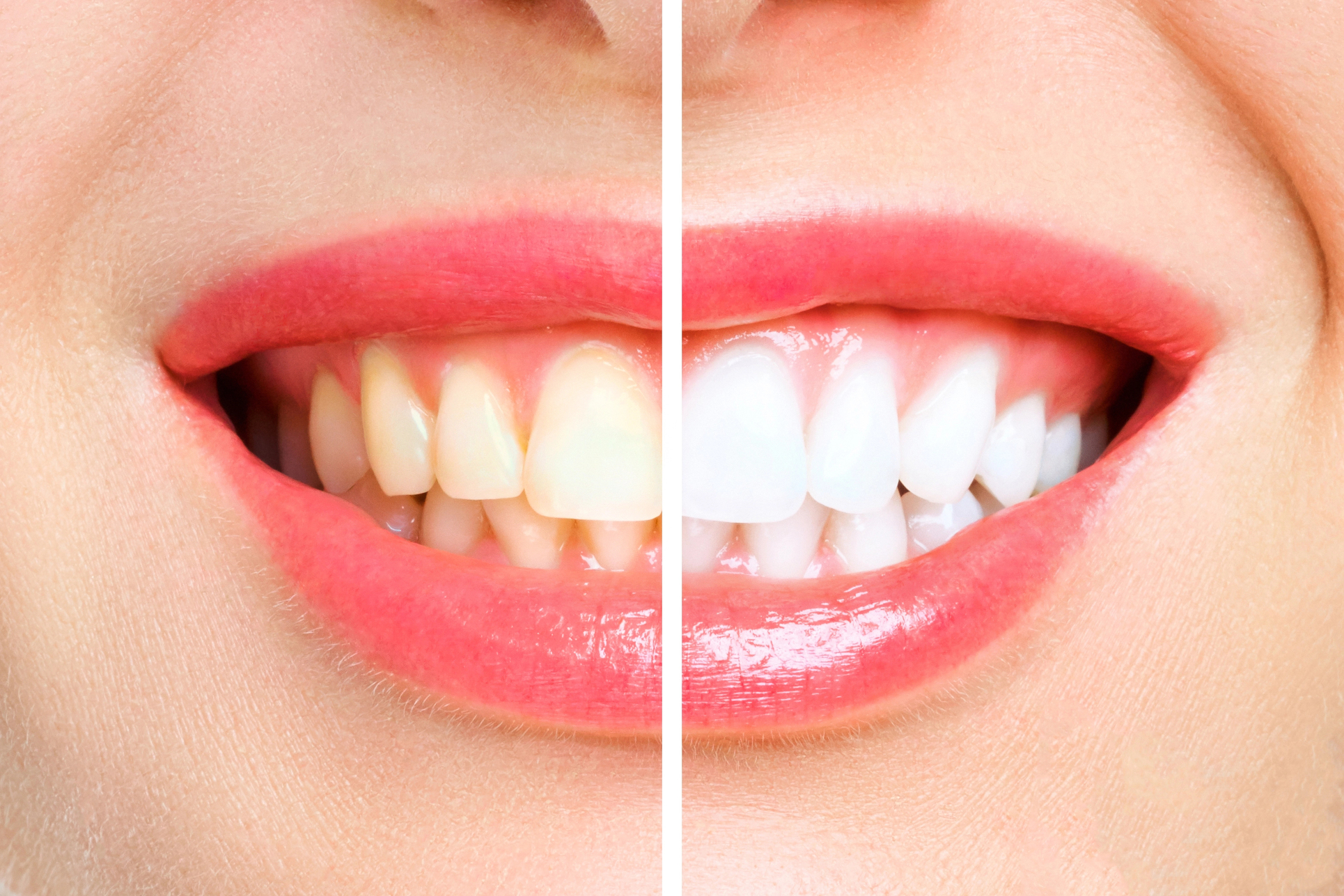Contents

Teeth Whitening Insurance Coverage: Does Your Dental Plan Pay?
Teeth whitening is an increasingly popular cosmetic treatment for achieving a brighter smile. But given the high cost of professional procedures, many wonder about coverage options. Does dental insurance cover whitening? And what are the other ways to pay for this popular treatment? This guide provides everything you need to know about financing your teeth whitening journey.
Why Consider Teeth Whitening?
Over time, it is common for teeth to become yellow or stained. This discoloration can have multiple causes:
- Consumption of staining agents like coffee, tea, and red wine.
- Use of tobacco products.
- Natural aging, which thins the enamel and exposes the darker dentin underneath.
While this is a natural process, it can cause self-consciousness. That's why many patients choose teeth whitening to regain a radiant smile and boost their self-confidence.
Understanding Professional Teeth Whitening Procedures
It's important to distinguish between over-the-counter products and professional treatments performed by a dentist. Professional whitening offers safer, faster, and more effective results. The two main professional methods are:
| Technique | Description | Average Cost (2025) |
|---|---|---|
| Custom Take-Home Trays | Custom-fitted trays with professional-strength whitening gel, worn at home. | $300 - $600 |
| In-Office Whitening | A powerful whitening gel activated by a special light or laser for immediate results in a single visit. | $500 - $1,200 |
Does Dental Insurance Cover Teeth Whitening?
The short answer is almost always no.
Teeth whitening is universally considered a cosmetic procedure by dental insurance companies. Unlike treatments that are medically necessary to maintain oral health (like fillings or crowns), whitening is seen as elective. Therefore, it is almost never covered by standard dental insurance plans.
How to Pay for Teeth Whitening Without Insurance
Even without direct insurance coverage, there are smart ways to pay for teeth whitening:
- Flexible Spending Account (FSA) or Health Savings Account (HSA): This is the best way to save. Teeth whitening is a qualified medical expense, meaning you can use your pre-tax FSA or HSA dollars to pay for it, which can result in significant savings.
- In-Office Payment Plans: Many dental offices offer their own financing plans that allow you to pay for the treatment in installments.
- Third-Party Financing: Companies like CareCredit offer healthcare-specific credit lines, often with promotional interest-free periods.
Finding a Dental Plan with Cosmetic Benefits
While rare, some high-end, premium dental plans may offer a small annual allowance for cosmetic procedures. This is not direct coverage for whitening, but a general fund that could be applied to it. To find these plans, you need to carefully compare offers, looking specifically for "cosmetic dentistry" benefits. When choosing a dental insurance plan, weigh the higher monthly premium against the limited cosmetic benefit to see if it's a worthwhile trade-off.
Conclusion: Planning for a Brighter Smile
While standard dental insurance is unlikely to cover your teeth whitening treatment, you are not without options. Utilizing pre-tax funds from an FSA or HSA is the most effective strategy to reduce the cost. By discussing payment plans with your dentist and exploring all your financial tools, you can confidently invest in a brighter, more radiant smile.
FAQ: Your Top Questions on Whitening Coverage
Insurance plans are designed to cover treatments that are medically necessary to maintain or restore oral health. Because teeth whitening is purely elective and cosmetic—meaning it improves appearance but not health—it is excluded from standard coverage.
Yes, over-the-counter kits are significantly cheaper upfront. However, professional treatments offer stronger whitening agents, custom-fit trays for even results, and professional supervision, leading to safer, faster, and more dramatic outcomes.
Unfortunately, even if the staining has a medical cause (like tetracycline stains), the treatment to correct it (whitening) is still considered cosmetic by insurance companies and is almost never covered. In these severe cases, other cosmetic options like veneers or bonding might be considered.
